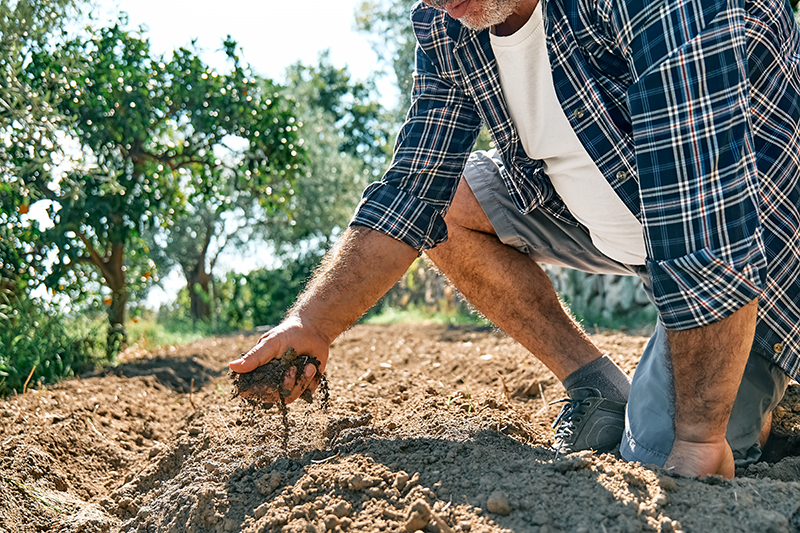Soil health: The Essential Foundation for Valuing Environmental Assets
In our pursuit of sustainable development and the conservation of our natural resources, it is crucial to recognize the fundamental role of soil health.

Often overlooked, soil is a remarkable asset that forms the basis for the thriving ecosystems we depend upon. By understanding the importance of soil health and its relationship with environmental assets, we can foster a deeper appreciation for the vital role it plays in sustaining life on Earth.
The Foundation of Life
Soil serves as the foundation for the growth of plants, which are the primary producers in terrestrial ecosystems. Healthy soil provides essential nutrients, water, and support to plants, enabling them to flourish and contribute to the intricate web of life. A diverse and vibrant soil ecosystem supports a wide range of organisms, from microscopic bacteria and fungi to insects, worms, and larger animals, all of which play critical roles in maintaining ecosystem balance.
Nutrient Cycling and Carbon Sequestration
Soil acts as a reservoir for nutrients, storing and cycling essential elements such as nitrogen, phosphorus, and potassium. These nutrients are made available to plants through biological processes, allowing for their growth and productivity. Additionally, healthy soils play a pivotal role in carbon sequestration, helping mitigate climate change by capturing and storing carbon dioxide from the atmosphere.
Water Management and Filtration
Soil plays a crucial role in managing water resources. Healthy soils possess good water-holding capacity, allowing them to retain moisture during dry periods and release it slowly to surrounding plants. Moreover, soil acts as a natural filter, purifying water as it percolates through different layers, removing impurities and pollutants before replenishing groundwater reserves or entering water bodies.
Erosion Prevention and Biodiversity Conservation
Soil erosion is a significant environmental concern, resulting from factors such as intensive agriculture, deforestation, and urbanization. Healthy soils, rich in organic matter and with a well-developed structure, resist erosion and help maintain soil fertility. By preventing soil erosion, we protect vital habitats and conserve biodiversity, ensuring the survival of countless species that rely on healthy ecosystems.
Sustainable Agriculture and Food Security
The importance of soil health becomes particularly evident in the realm of agriculture. Fertile soils are the bedrock of successful crop production, providing the necessary nutrients for plants to grow and yield nutritious food. Sustainable farming practices, such as crop rotation, cover cropping, and organic matter management, help maintain soil health, reduce the reliance on chemical inputs, and contribute to long-term food security.
Soil health stands as a cornerstone for valuing our environmental assets. By recognizing its significance, we can adopt practices that promote sustainable land management, conserve biodiversity, mitigate climate change, and safeguard our water resources. Enhancing soil health requires a collective effort from farmers, policymakers, scientists, and individuals alike. Through responsible land stewardship, we can ensure the resilience of our ecosystems, protect the integrity of our natural resources, and pave the way for a more sustainable and prosperous future.
Let us unite in valuing and prioritizing soil health, for it is the key to sustaining life on Earth and preserving our precious environmental assets.


